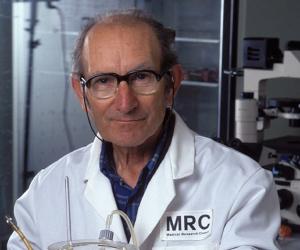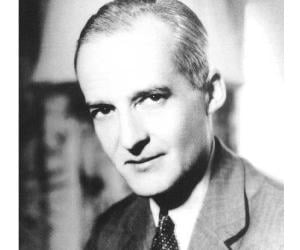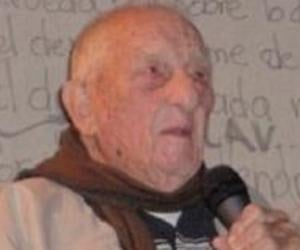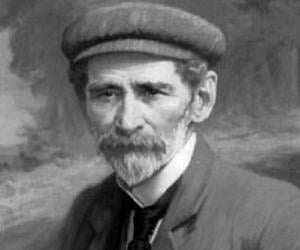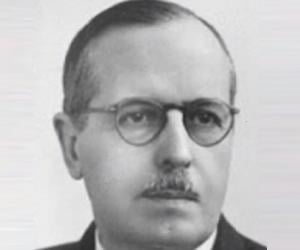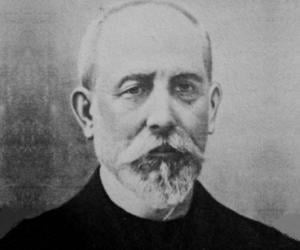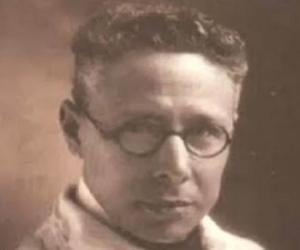1
Ernesto Sabato
(Argentine Novelist, Essayist, Painter, and Physicist)
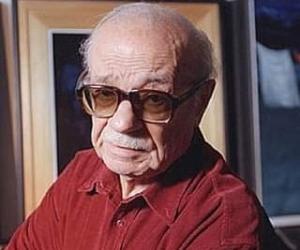
16
3
Birthdate: June 24, 1911
Sun Sign: Cancer
Birthplace: Rojas, Buenos Aires Province, Argentina
Died: April 30, 2011
Ernesto Sabato was a multifaceted Argentine professional known for his work as a novelist, essayist, painter, and physicist. His literary contributions earned him prestigious awards and recognition in the Hispanic literature world, particularly in Latin America. Sabato's notable novels include "El Túnel," "Sobre héroes y tumbas," and "Abaddón el exterminador," with the second being considered his masterpiece. In addition to his fiction writing, he also delved into various topics in his essays, receiving international accolades for his intellectual contributions. Sabato's involvement in the investigation of forced disappearances during Argentina's Dirty War further showcased his commitment to social justice.


